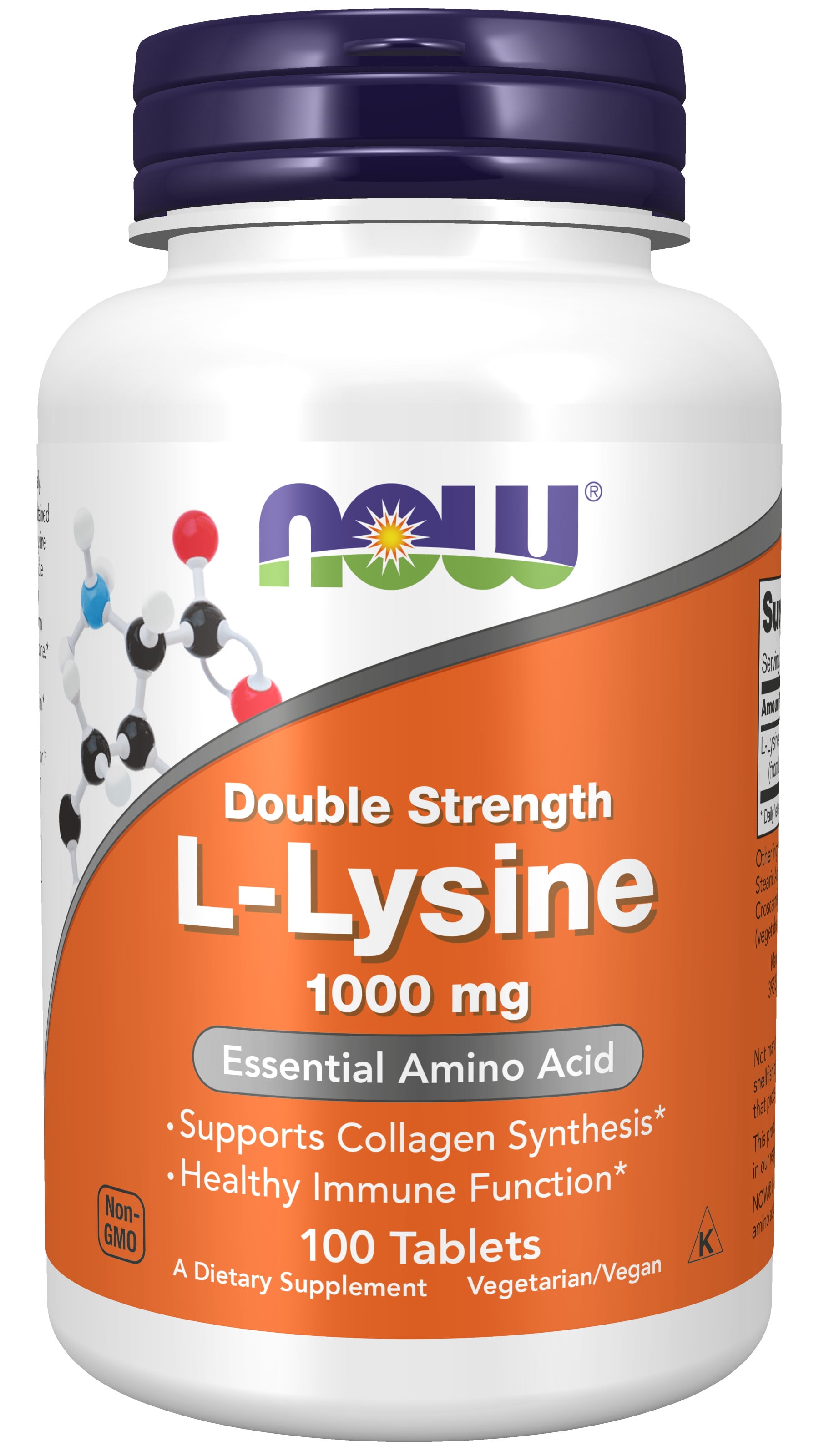Vitamin L: The Benefits and Risks of Love

The Benefits of Love
Love has numerous benefits for our mental and physical health:
1. Reduces Stress
When we are in love, our body produces oxytocin, also known as the 'love hormone'. Oxytocin helps to reduce stress, anxiety, and depression. It also promotes feelings of relaxation and contentment.
2. Boosts Immune System
Studies have shown that people in loving relationships have a stronger immune system than those who are not. Love helps to boost the production of white blood cells, which are responsible for fighting off infections and diseases.
3. Improves Heart Health
Being in love can also improve heart health. Love helps to lower blood pressure and reduce the risk of heart disease. It also helps to improve circulation and promote a healthy heart.
4. Increases Happiness
Love is a source of happiness and joy. When we are in love, we feel a sense of fulfillment and satisfaction. Love helps to improve our overall well-being and quality of life.
The Risks of Love
While love has many benefits, it can also have some risks:
1. Heartbreak
Heartbreak is a common risk associated with love. When we experience a break-up or a rejection, it can cause emotional pain and distress. Heartbreak can lead to depression, anxiety, and other mental health issues.
2. Codependency
Codependency is a behavioral pattern that can develop in relationships. It is characterized by an excessive reliance on one's partner for emotional and psychological support. Codependency can lead to feelings of insecurity, jealousy, and possessiveness.
3. Loss of Identity
Being in a relationship can sometimes lead to a loss of identity. We may prioritize our partner's needs and desires over our own, leading to a loss of self-identity. It is important to maintain a sense of individuality and independence in a relationship.
4. Addiction
Love can also be addictive. When we are in love, our brain releases dopamine, which is associated with pleasure and reward. This can lead to an addictive pattern of behavior, where we constantly seek the 'high' associated with being in love.
The Conclusion
Love is a complex emotion that has both benefits and risks. It is important to be aware of the potential risks associated with love, while also enjoying the many benefits it has to offer. Whether you are in a relationship or not, it is important to prioritize your mental and physical health.
FAQs
1. What is love?
Love is an emotion that involves affection, attachment, and care towards someone or something.
2. Can love have negative effects?
Yes, love can have negative effects such as heartbreak, codependency, loss of identity, and addiction.
3. How does love impact mental health?
Love can impact mental health positively by reducing stress, anxiety, and depression. It can also impact mental health negatively by causing emotional pain and distress.
4. Is it important to prioritize mental and physical health in a relationship?
Yes, it is important to prioritize mental and physical health in a relationship. Maintaining a healthy relationship requires taking care of oneself and one's partner.
